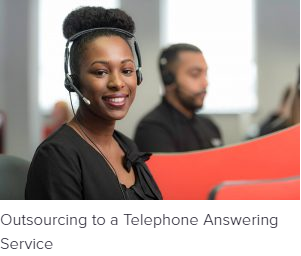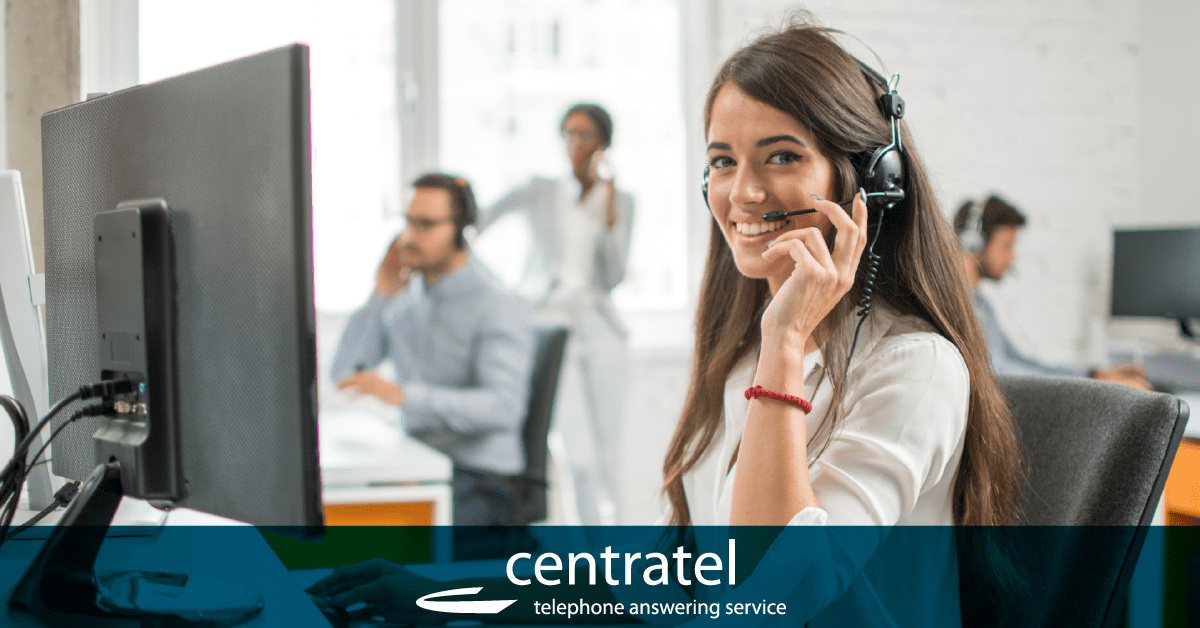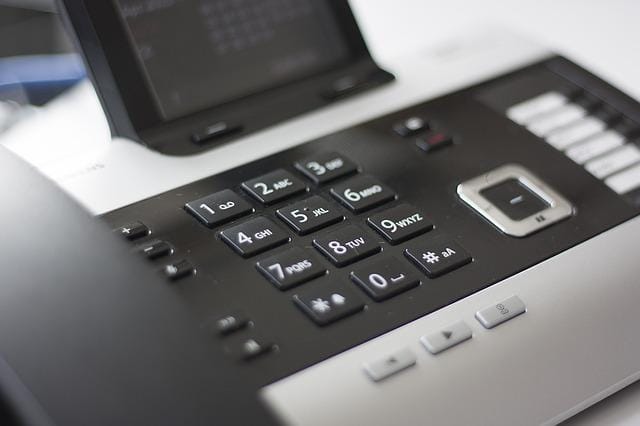All Categories
Featured
Table of Contents
- – What Is The Best Answering Services 101: Everyt...
- – What Is The Best Virtual Receptionist Perth - ...
- – What Is The Best How Outsourced Phone Answerin...
- – Which Is The Best Automated Answering Service...
- – Where Is The Best What Is An Answering Servic...
- – What Is The Best Call Service: 24/7 Live Pho...
What Is The Best Answering Services 101: Everything You Need To Know ... To Get Right Now
This device and its followers were designed by Sava Jacobson, an electrical engineer with a personal consulting service. While early answering makers utilized magnetic tape innovation, the majority of modern devices uses solid state memory storage; some devices utilize a combination of both, with a solid-state circuit for the outbound message and a cassette for the incoming messages.
"toll saving" listed below) (business answering service). This is useful if the owner is screening calls and does not wish to speak with all callers. In any case after going, the calling party ought to be notified about the call having been responded to (for the most part this starts the charging), either by some remark of the operator, or by some greeting message of the little, or dealt with to non-human callers (e.
This holds specifically for the Littles with digitally stored greeting messages or for earlier devices (before the increase of microcassettes) with a special limitless loop tape, separate from a second cassette, dedicated to recording. There have been answer-only devices without any recording capabilities, where the welcoming message needed to notify callers of a state of present unattainability, or e (virtual telephone answering).
What Is The Best Virtual Receptionist Perth - Local Phone Answering Service On The Market Right Now

about schedule hours. In recording Littles the greeting generally consists of an invitation to leave a message "after the beep". An answering machine that utilizes a microcassette to record messages On a dual-cassette answerphone, there is an outgoing cassette, which after the defined variety of rings plays a pre-recorded message to the caller.

Single-cassette answering makers consist of the outgoing message at the start of the tape and inbound messages on the remaining area. They first play the announcement, then fast-forward to the next readily available area for recording, then record the caller's message. If there are numerous previous messages, fast-forwarding through them can cause a substantial hold-up.
This beep is frequently described in the welcoming message, asking for that the caller leave a message "after the beep". TADs with digital storage for the taped messages do disappoint this hold-up, obviously. A little might provide a push-button control center, whereby the answerphone owner can call the home number and, by entering a code on the remote telephone's keypad, can listen to recorded messages, or erase them, even when far from house.
What Is The Best How Outsourced Phone Answering Service Can Help Your ... Holder For Car

Thereby the device increases the number of rings after which it responds to the call (typically by 2, leading to four rings), if no unread messages are presently kept, however responses after the set number of rings (typically 2) if there are unread messages. This enables the owner to discover whether there are messages waiting; if there are none, the owner can hang up the phone on the, e.
Some makers also permit themselves to be from another location activated, if they have actually been turned off, by calling and letting the phone ring a certain a great deal of times (normally 10-15). Some company abandon calls already after a smaller variety of rings, making remote activation difficult. In the early days of TADs an unique transmitter for DTMF tones (dual-tone multi-frequency signalling) was regionally needed for remote control, since the previously used pulse dialling is not apt to communicate proper signalling along an active connection, and the dual-tone multi-frequency signalling was executed stepwise.
Any incoming call is not recognizable with regard to these homes in advance of going "off hook" by the terminal equipment. So after going off hook the calls need to be switched to suitable devices and only the voice-type is immediately available to a human, but maybe, nevertheless need to be routed to a LITTLE BIT (e.
Which Is The Best Automated Answering Service, Better Known As Interactive ... To Buy
What if I told you that you do not need to in fact select up your gadget when answering a customer call? Somebody else will. So practical, best? Responding to call does not require someone to be on the other end of the line. Efficient automated phone systems can do the trick simply as effectively as a live representative and sometimes even better.
An automatic answering service or interactive voice response system is a phone system that interacts with callers without a live individual on the line - answering service. When companies use this innovation, clients can get the answer to a question about your service just by utilizing interactions set up on a pre-programmed call circulation.
Although live operators update the customer care experience, many calls do not require human interaction. A basic recorded message or directions on how a customer can obtain a piece of details typically resolves a caller's instant need - virtual telephone answering. Automated answering services are an easy and reliable way to direct inbound calls to the best person.
Where Is The Best What Is An Answering Service? Deal
Notice that when you call a business, either for support or product query, the very first thing you will hear is a pre-recorded voice welcoming and a series of options like press 1 for client service, press 2 for questions, and so on. The pre-recorded choices branch off to other choices depending upon the customer's choice.
The phone tree system helps direct callers to the best person or department utilizing the keypad on a cellphone. In some circumstances, callers can use their voices. It's worth keeping in mind that auto-attendant choices aren't restricted to the ten numbers on a phone's keypad. When the caller has actually picked their very first choice, you can create a multi-level auto-attendant that uses sub-menus to direct the caller to the ideal sort of assistance.
The caller does not have to interact with an individual if the auto-attendant phone system can handle their concern. The automatic service can route callers to a staff member if they reach a "dead end" and need assistance from a live representative. It is costly to hire an operator or executive assistant.
What Is The Best Call Service: 24/7 Live Phone Answering Services For Small ... On The Market
Automated answering services, on the other hand, are substantially cheaper and supply significant cost savings at approximately $200-$420/month. Even if you do not have dedicated staff to deal with call routing and management, an automated answering service improves productivity by allowing your group to concentrate on their strengths so they can more efficiently spend their time on the phone.
A sales lead routed to customer support is a lost shot. If a client who has product concerns reaches the wrong department or gets insufficient responses from well-meaning workers who are less trained to deal with a particular kind of question, it can be a reason for aggravation and discontentment. An automated answering system can minimize the number of misrouted calls, thereby helping your staff members make much better use of their phone time while freeing up time in their calendar for other jobs.
With Automated Answering Systems, you can create an individualized experience for both your personnel and your callers. Make a recording of your primary greeting, and simply update it frequently to show what is going on in your company. You can produce as numerous departments or menu options as you desire.
Table of Contents
- – What Is The Best Answering Services 101: Everyt...
- – What Is The Best Virtual Receptionist Perth - ...
- – What Is The Best How Outsourced Phone Answerin...
- – Which Is The Best Automated Answering Service...
- – Where Is The Best What Is An Answering Servic...
- – What Is The Best Call Service: 24/7 Live Pho...
Latest Posts
Cost-Effective Affordable Answering Service Near Me ( Melbourne)
Quality Answering Services For Small Businesses
Tailored Real Estate Answering Service
More
Latest Posts
Cost-Effective Affordable Answering Service Near Me ( Melbourne)
Quality Answering Services For Small Businesses
Tailored Real Estate Answering Service